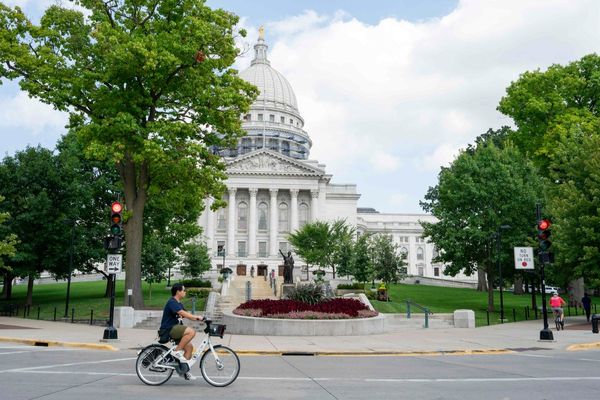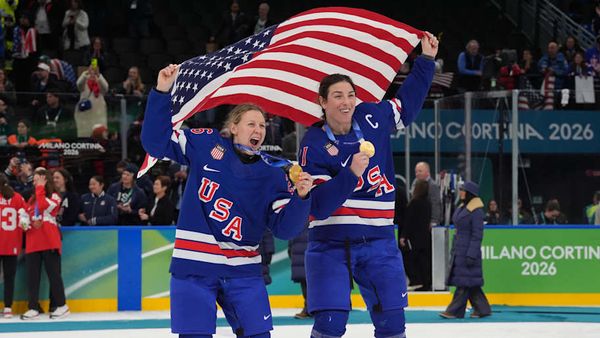A majority of NFL owners, including Giants co-owner John Mara, ignored the opposition of the league’s coaches and players on Tuesday and passed a controversial measure to limit kick returns.
The new rule will allow teams to automatically receive a first down at their own 25-line if they fair-catch a kickoff or free kick behind their 25.
Commissioner Roger Goodell and the owners had the audacity to cite “player safety” as the reason for the new rule after increasing the regular season recently to 17 games, voting in March to schedule teams up to twice on Thursdays, and voting on Monday to allow Thursday Night Football flexing between Weeks 13 and 17.
The hypocrisy is too much for the league’s many critics on this issue.
“Extremely disappointed,” one coach told the New York Daily News on Tuesday. “‘Player safety’ is what they want, and then you flex Thursday night games late in the year?!?! It doesn’t make sense to me. Player safety?!?!”
There is a sliver of hope that the new kickoff rule won’t be permanent, since it was only passed on a one-year trial basis on Tuesday.
However, optimism is low because this initiative is viewed as a continuation of the NFL’s image-based reaction to concussions in the wake of the mishandling of Dolphins QB Tua Tagovailoa early last season.
Competition committee chairman Rich McKay’s use of college football data in support of the rule change on Tuesday made coaches and players shake their heads.
As The News reported Monday, the NFL’s doctors cited one season’s worth of Pac-12 data during recent meetings as proof of why this could produce similar results in the pros.
“We did this rule for one year only because we really do want to get more to a long-term solution, and maybe that long-term solution includes having more returns in the game and just trying to make the play safer,” McKay said, according to NFL Network. “The play has its challenges because of space and speed, and we’ve just got to find ways to mitigate that and try to get the play back in the game.
“No one wants to get rid of special teams,” McKay added. “Special teams is a critical part of our game. … We now need to find a way to try to revolutionize the rule, if we can, in a way to get the kick return back in the game.”
That’s easy for McKay to say, but what will this rule change mean for players such as the Giants’ Cam Brown, Carter Coughlin and Gary Brightwell — players whose value is tied in part or largely to their work on kickoffs?
That’s just one of many unintended consequences coaches and players believe could result from this rule change.
Coaches and players thoroughly researched last season’s spike in concussions from 12 to 19 in kickoffs, and they found only one was sustained by a returner, while many of the plays wouldn’t have been changed or impacted by this new rule.
The coaches and players prioritize safety, obviously. But they believe squibbed, knuckled or skied kicks to avoid fair catches and gain an advantage on coverage could result in even more chaotic collisions, as well.
Tuesday’s exact vote wasn’t immediately known, but it was discouraging because coaches and players had approached some owners in recent weeks to protest the competition committee’s rule proposal.
Some of those owners then spoke up in Monday’s meeting, which delayed the vote into Tuesday. And entering Monday night, there was a belief that at least five or six owners planned to vote against the rule due to the information they’d received.
But they needed nine ‘no’ votes, and they didn’t get them.
Players who planned to release a public statement denouncing the rule were discouraged behind the scenes from doing so, and the fear of one coach came true on Tuesday:
A major rule change passed with no experts on the actual game of football in the room.
“For the first time I can ever remember, you have coaches and players unanimously agreeing against a rule, and it is being completely ignored,” the coach said Monday. “And they’re making a rule with no one in the room to actually speak for the game: coaches, GMs. Anybody.”







